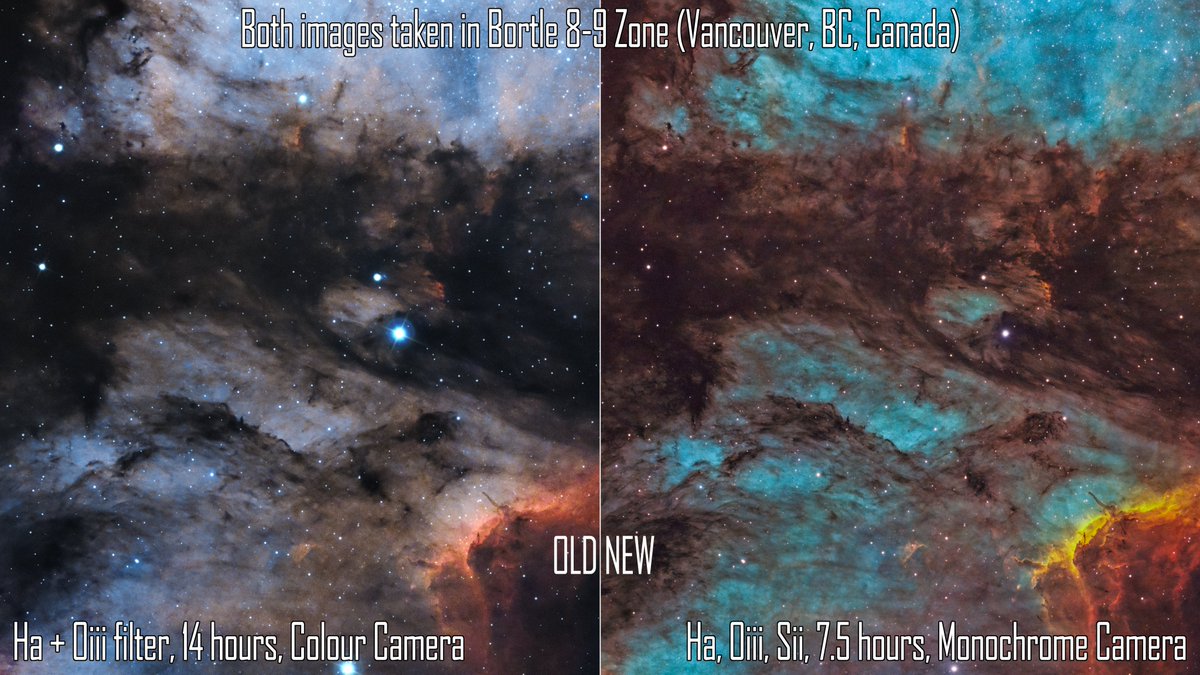
For #WorldSuicidePreventionDay, I can give you 15 ("very expert", or common sense) suicidologist tips for preventing suicide:
1) Dedicate some of your time to making things better for people around you.
2) Use some of what you have to improve things for those with less.
1) Dedicate some of your time to making things better for people around you.
2) Use some of what you have to improve things for those with less.
3) Lobby for your local, regional, or national governments to take suicide research and data collected suicide. Suicide is a top cause of death, especially <40. It should be prioritized as such.
4) Genuinely check in with kindness on people you care about.
4) Genuinely check in with kindness on people you care about.

5) Suicides over-represented Indigenous populations. If you are not Indigenous, use whatever privilege/favour/power you have to empower Indigenous communities to improve the harms of colonization. This requires material efforts including $, not statements of concern. 

6) LGBT+ people, especially youth, are over-represented in ideation, attempts, and death. Create safe and welcome spaces.
Parents: If your beliefs compel you to reject or shame your child for who they are, your beliefs are the problem. Get better. Go to pflag.org!
Parents: If your beliefs compel you to reject or shame your child for who they are, your beliefs are the problem. Get better. Go to pflag.org!

7) If you care about bullying, care about bullies too. Bullies & the bullied are both at risk for suicide; the difference is largely that bullies externalize their problems and the bullied internalize them. Have empathy for children who generally do the best they can to survive.
8) I know I go on about this a lot if you follow me, but educators/parents/administrators: MAKE SCHOOL BETTER FOR KIDS. School days and months are strongly (+50%!) associated with child suicide.
scientificamerican.com/article/childr…
scientificamerican.com/article/childr…
9) People feel good about "talk" campaigns and hashtags, but the time for talk is over. We need more robust social, mental health, addictions, supports & that means that governments need to invest serious $.
People who want to talk have to wait MONTHS for help.
People who want to talk have to wait MONTHS for help.
10) There is ONE tried and true way to prevent suicide: "means restriction"
Gun control & safety regulations, safety barriers on train tracks and bridges, moving dangerous OTC poisons (acetaminophen/paracetamol, ibuprofen, diphenhydramine) BEHIND the pharmacists' counter, etc.
Gun control & safety regulations, safety barriers on train tracks and bridges, moving dangerous OTC poisons (acetaminophen/paracetamol, ibuprofen, diphenhydramine) BEHIND the pharmacists' counter, etc.
11) Don't make it "just about mental health". 40-50% of people who die of suicide DONT HAVE mental illness. Though mental health improvements are necessary, it is not sufficient to address suicide in a society. All health concerns & disabilities, social factors, etc...
12) If someone trusts you and opens up about low feelings or suicidal thoughts, LISTEN. Ask permission to provide advice, and admit that your advice may sound trite. Offer to help ALONGSIDE, not tell them what to do. YOU can call a hotline and ask for help on how to help someone.
13) Be careful in your advocacy. "Zero suicide" language implies that all suicides are preventable and that mistakes/missed opportunities occurred. Those who survive people who die by suicide can be made to feel tremendous guilt for "missing warning signs" that didn't exist.
14) Individualized risk prediction is impossible, hospitals and programs: stop triaging/stratifying on the basis of "high vs low risk". It doesn't work. We ain't that good. And we institutionalize/treat/medicate/mandate on the basis of this failed notion.
15) Professionals: When working w/individuals:
a) Reduce things that make their life worse
b) Add/improve things that make their life better.
That's it. That's the trick.
Only possible if you invest in getting to know them, listening to them, & caring about helping them.
a) Reduce things that make their life worse
b) Add/improve things that make their life better.
That's it. That's the trick.
Only possible if you invest in getting to know them, listening to them, & caring about helping them.

I hope some of this is helpful, and that anyone who read this learned something. We can all do more, and suicide is a big enough deal that we all should do more.
edit at (3): Lobby for your local, regional, or national governments to take suicide research and suicide data collection seriously.
• • •
Missing some Tweet in this thread? You can try to
force a refresh










